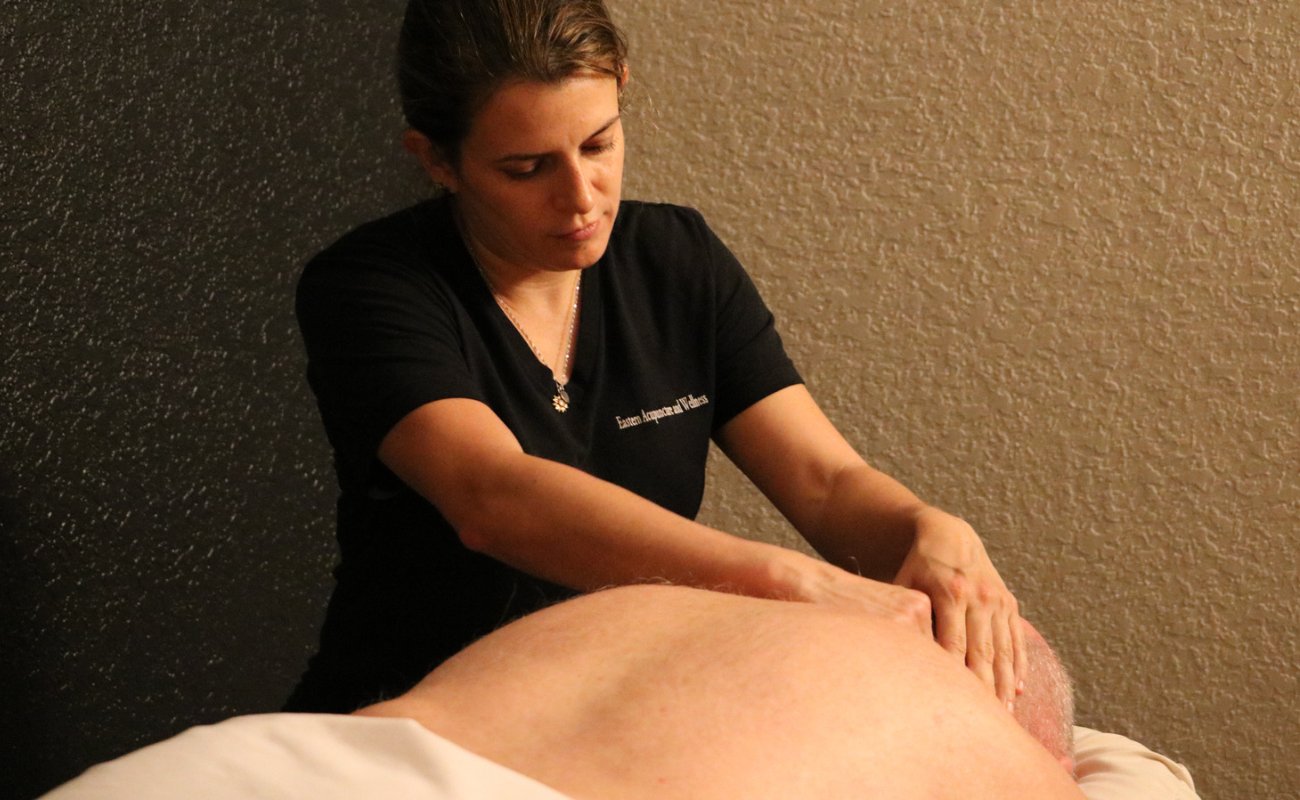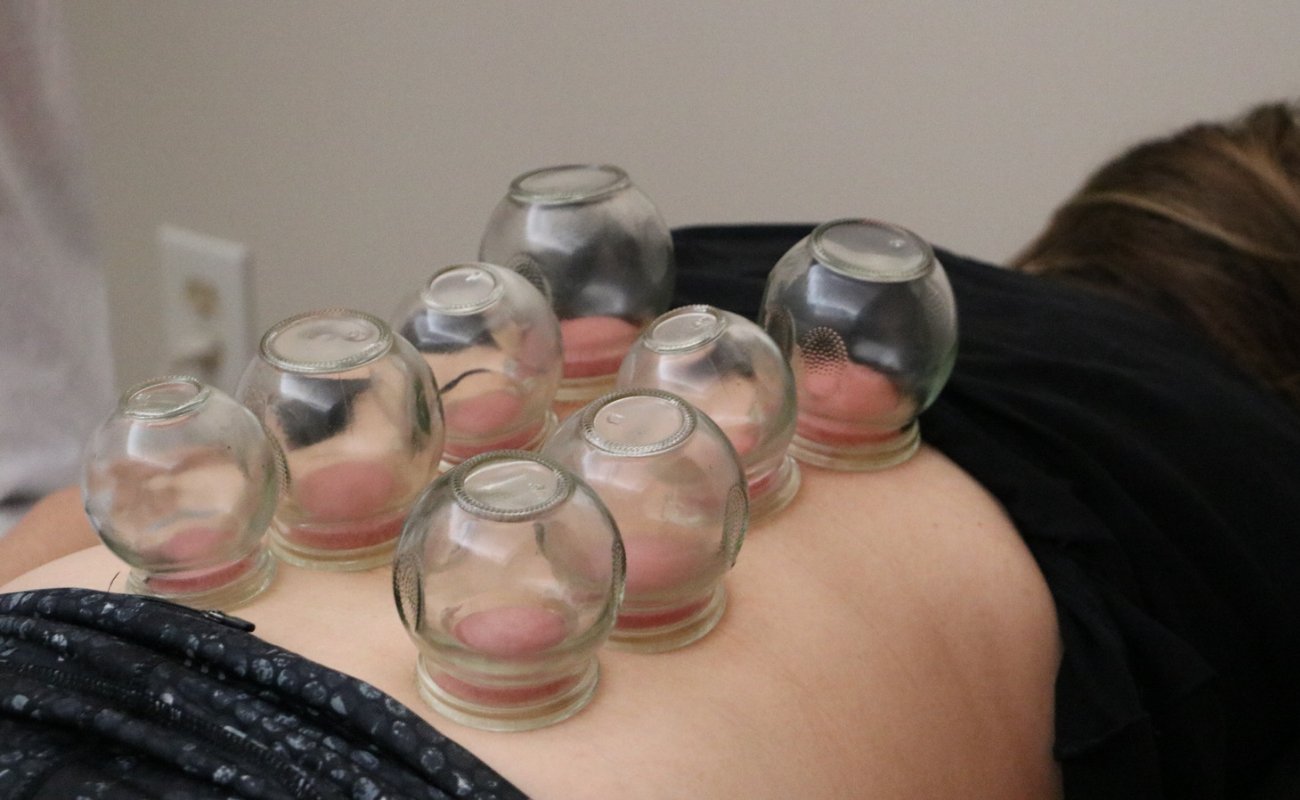What is Medical Massage?
Medical massage therapists have advanced training and experience that allows them to provide care focused on healing injuries, improving function, or increasing circulation. Medical massage can help with conditions such as back pain, sciatica, piriformis syndrome, strains/sprains, shoulder impingement, headaches, fibromyalgia, arthritis, TMJ dysfunction, plantar fasciitis stroke, neurological conditions and many more can all be effectively treated with medical massage.
According to peer-reviewed research, medical massage has been shown to have beneficial effects on varying conditions, including:
Hypertension
Autoimmune conditions including asthma and multiple sclerosis
Immune conditions including HIV and breast cancer
Aging problems including Parkinson's and dementia
Prenatal depression
Preterm infants
Full-term infants
Autism
Skin conditions
Pain syndromes such as the ones mentioned above
What is Therapeutic Massage?
Therapeutic massage is a type of massage modality that helps relieve pain, reduce stress, and work on a specific concern. People tend to assume therapeutic massage means deep tissue or medical massage, and that they will get a very strong massage.
Therapeutic massage is either a full body (except private areas) or only specific areas that need attention, such as tight muscles or points of pain.
Different Types of Massage
Medical Massage
Acupressure/ Acupuncture
Craniosacral Therapy
Trigger Point Therapy
Thai Massage
Shiatsu Massage
Swedish Massage
Aromatherapy
Craniosacral Therapy
Deep Tissue Massage
Hot Stone Massage
Myofascial Massage
Pregnancy Massage
Reflexology
Benefits of Medical and Therapeutic Massage
Here are some additional benefits of medical and therapeutic massage, specific to each type of massage:
Medical Massage:
Improved range of motion and flexibility
Decreased inflammation and swelling
Increased lymphatic flow, which can help boost the immune system
Reduced scar tissue and adhesions
Lowered blood pressure and heart rate
Therapeutic Massage:
Improved posture and alignment
Enhanced athletic performance and recovery
Relief from chronic pain conditions such as fibromyalgia and arthritis
Improved digestion and bowel function
Reduced symptoms of anxiety and depression
It's important to note that medical and therapeutic massage can have different goals and techniques, and they may be used to treat different conditions. It's essential to work with a qualified healthcare provider to determine which type of massage is appropriate for your individual needs and to ensure that the massage is performed by a licensed and trained massage therapist.
How to Decide Between Medical and Therapeutic Massage
Medical Massage: Pain, CT Syndrome, TMJ, Sciatica, Herniated Discs, Scoliosis, Migraines, Muscle Spasms, M.S., Whiplash, Injuries, Chronic muscle tightness/tension, etc.
Therapeutic Massage: Stress, Discomfort, Insomnia, Depression, Fatigue, High Blood Pressure, Muscle tightness/tension, Asthma, etc
There is such a thing as a medical therapeutic massage that focuses on a specific need, and sometimes just a specific area. The focus can be on controlling pain, relieving inflammation, addressing nerve or tissue damage, increasing flexibility, and or managing other health conditions.
Who Can Benefit From Each Type Of Massage?
Anyone who wants to reduce stress levels (cortisol) and increase serotonin, dopamine, and oxytocin, reduce chronic pain and swelling, increase circulation, improve lymphatic drainage, improve sleep, and decrease blood pressure, and the list goes on, can benefit from massage.







